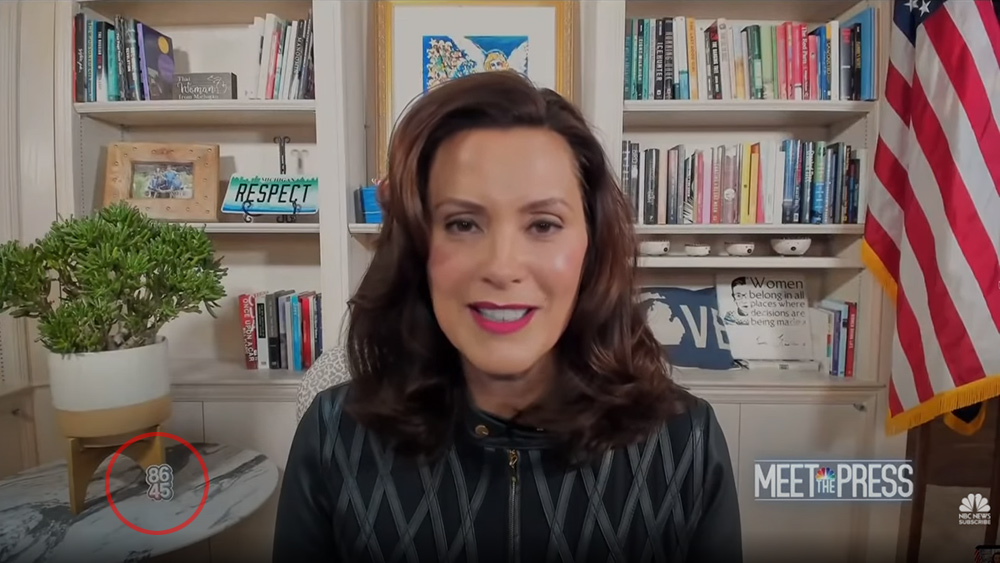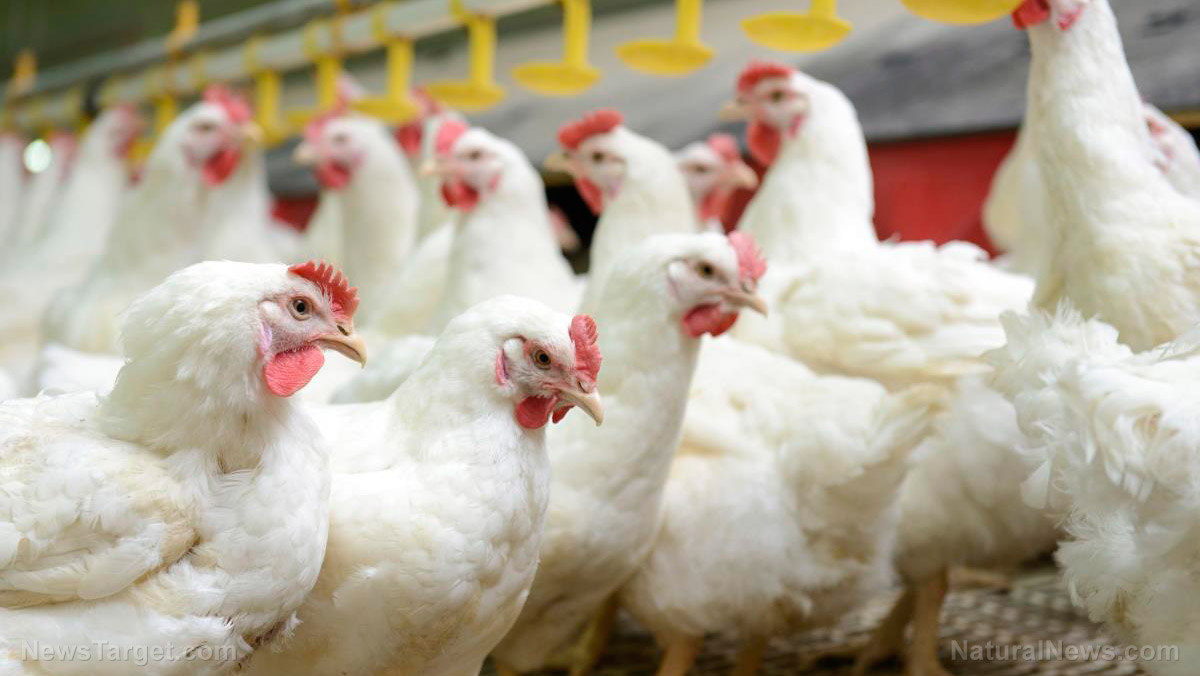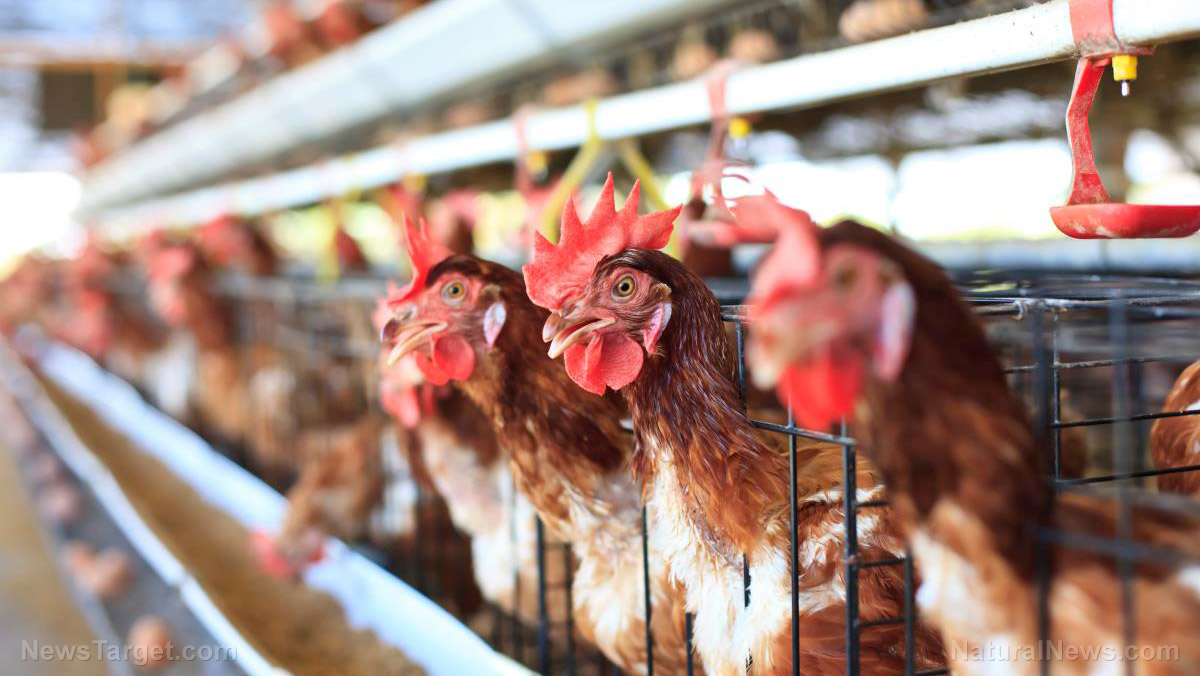Face masks did NOTHING to stop people from getting sick during COVID, study finds
05/24/2024 / By Ethan Huff

The University of East Anglia in the United Kingdom just published a study showing that Wuhan coronavirus (COVID-19) face masks do not in any way reduce the risk of infection with the so-called Omicron (an anagram for the word Moronic) variant.
The latest versions of the Chinese infection can still spread between people who are wearing a mask because a piece of cloth or plastic is not enough to stop the spread, the study seems to state.
Researchers collected and utilized data from the Office for National Statistics (ONS), a COVID survey out of England, to estimate infection rates between people who wore a mask and people who did not wear a mask. The time range studied was November 2021 to May 2022 at the height of the scamdemic.
The ONS survey contains details about people’s mask-wearing and other lifestyle habits, including work patterns and travel. All in all, there was not a shred of evidence uncovered to suggest that face masks protect people from getting sick.
“This isn’t totally surprising because laboratory evidence suggests that the Omicron variant was better able to infect the cells lining the upper respiratory tract than previous variants and so be more transmissible,” commented Dr. Julii Brainard, one of the study’s co-authors.
(Related: The British government now admits that COVID masks provided absolutely no protection during the “pandemic.”)
Why are people so scared of mythical floating illnesses?
The fact that anyone actually believed a piece of cloth mixed with plastic could protect them from a floating contagion is pretty woo-woo to begin with, but it is nothing new for Western medicine.
Back in 1957, The University of Chicago‘s Julius A. Roth wrote a paper entitled, “Ritual and Magic in the Control of Contagion” that discusses the irrational fear and paranoia surrounding floating diseases.
Using tuberculosis and the government’s response to it as an example, Roth explained that very little is actually known about how diseases spread. Experts with equal credentials disagree sharply on the topic which just goes to show how vast and complex the world really is.
“These uncertainties leave the way open for ritualized procedures that often depend more on convenience and ease of administration than on rationally deduced probabilities,” Roth wrote.
“They also leave the way open for irrational practices that can properly be called ‘magic.'”
There was once a time when hospitals did not sterilize equipment in the same way they do now, which Roth commented on at the time by stating that this fact in and of itself shows that people’s fear of germs and their responses to it are oftentimes wildly inconsistent because of that “magic” factor.
“The fact that sterilization is carried out by volunteer workers under the direction of the Special Services Division is in itself an indication that it is regarded as an auxiliary rather than an essential activity of the hospital,” Roth wrote.
“The extent to which sterilization procedures are a matter of convenience is shown by the reply of a volunteer worker when questioned about sterilizing books to be returned to outside libraries: ‘Anytime you want a book sterilized before it’s sent out, just let me know and we’ll do it for you. Of course, we probably wouldn’t be able to do it shortly before Christmas, because that lamp will be in constant use for sterilizing OT work that the men are sending out as presents.'”
Long before the events of the past three years, sociologists were observing the irrational (i.e. magical) elements of disease control within the medical system. This short paper, on tuberculosis control, is from the American Sociological Review, from 1957. ? pic.twitter.com/EzzFrAtxhc
— RAW EGG NATIONALIST (@Babygravy9) December 8, 2022
The latest news about the COVID scamdemic can be found at Plague.info.
Sources for this article include:
Submit a correction >>
Tagged Under:
Censored Science, COVID, covid-19, face masks, Fact Check, germs, health science, infections, magic medicine, masks, outbreak, pandemic, plague, real investigations, research, science deception, Study, truth, understanding disease
This article may contain statements that reflect the opinion of the author
RECENT NEWS & ARTICLES
COPYRIGHT © 2017 SKEPTICS NEWS




















